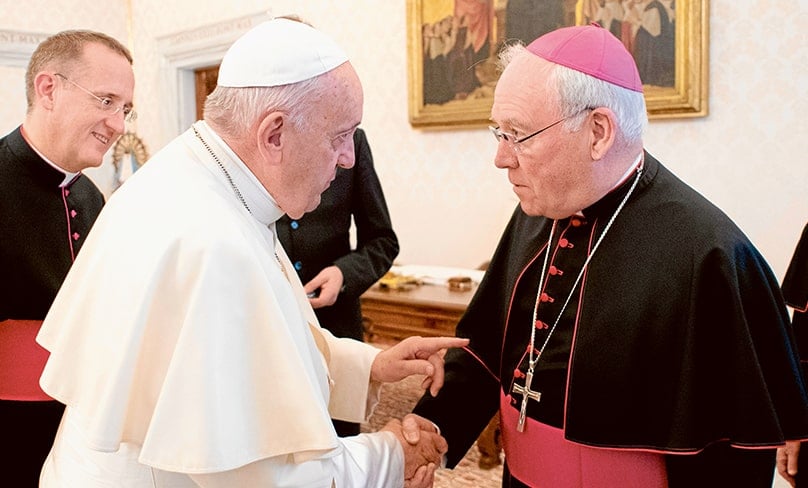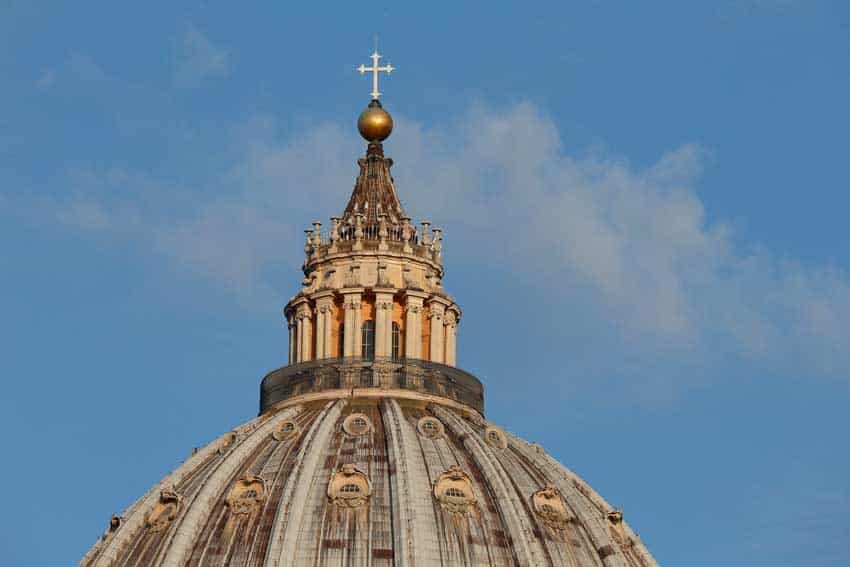
In my other life I teach something called ‘Social Responsibility in Action’, where I give a couple of lectures on whistleblowing.
So I was very interested in the 2018 case of Siobhan O’Connor, secretary to Bishop Malone of Buffalo, New York.
O’Connor gradually became aware that Malone and his staff were covering up some clergy sexual abuse cases and moving very slowly to address others.
Also, the phone line for victims went to an empty office that was staffed part-time.
She tried repeatedly to bring Malone’s attention to this but was told not to worry. Then she discovered that media attention speeded things up dramatically.
She said, “When … the investigative reporter I ended up working with, inquired about a particular priest, it took less than a week for Bishop Malone to take action. I was stunned because we had been trying to get the Bishop to take action for almost a year.”
That’s how O’Connor became a diocesan whistle-blower. She was able to produce documentary proof of Malone’s cover-ups (he took early retirement in 2019).

Whistleblowing happens when organisations aren’t working. Dioceses always have internal problems, and there should be ways of expressing that effectively.
But in every diocese, a culture of groupthink can grow up which stifles criticism and marginalises dissenting voices.
People become afraid of losing their jobs and being branded as troublemakers, especially in smaller communities.
O’Connor eventually quit her job when she realised only cosmetic changes would be made:
“A task force, a new office, a new staff member, strengthening the code of conduct. There’s nothing wrong with the code of conduct. It needs to be enforced.”
The lightly revised document The Light from the Southern Cross, on church governance in Australia, was re-released on 21 August.
One of its recommendations is a national centre for Catholic leadership and governance.

Unfortunately, there is no guarantee that this won’t trade one old boys’ network for another. The real problem goes far deeper.
Church leaders who only want to hear from like-minded people are exposing their dioceses to organisational risk.
When you can’t tell the boss that something is wrong, abuse flourishes, no matter what your governance structure is.
Church leaders who go out and mingle with ordinary Catholics risk having uncomfortable things said to their faces. But this is a lot safer for them, and for the Church.
Good leadership means being able to hear criticism from within, and from any level – real criticism; the kind that makes you uncomfortable.
O’Connor suffered for what she did, but said she would do it again, because it was a matter of conscience for her.
“I remember thinking nothing could be done, in terms of retaliation from the Bishop or the Diocese, that would be worse than knowing I did nothing. So I would absolutely do it again.”
No amount of governance changes can address the problem of hearts and minds that are closed to realities, and leaders who don’t want to hear bad news.
Related Articles
